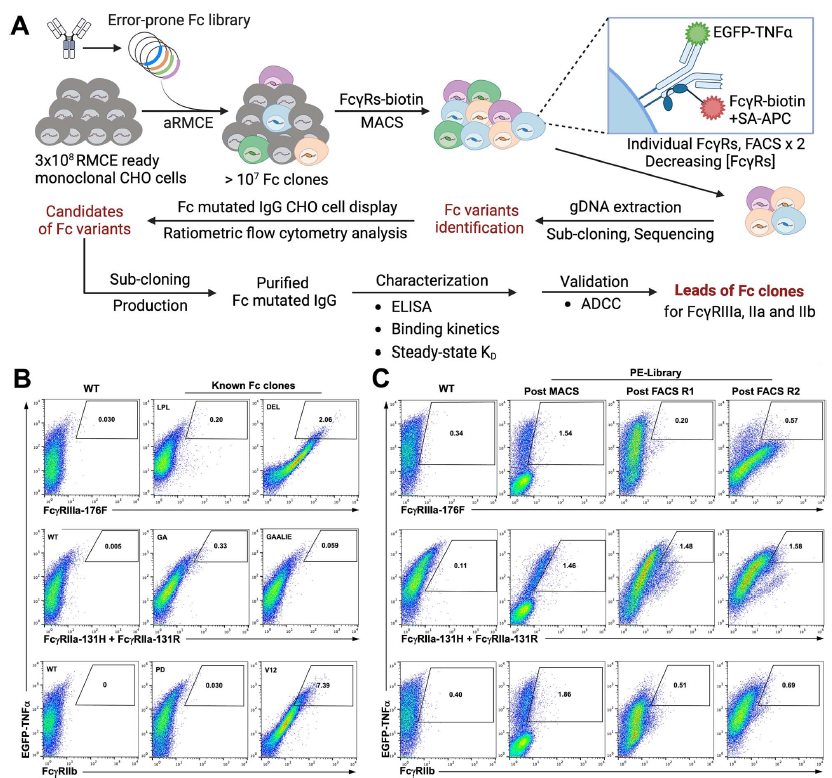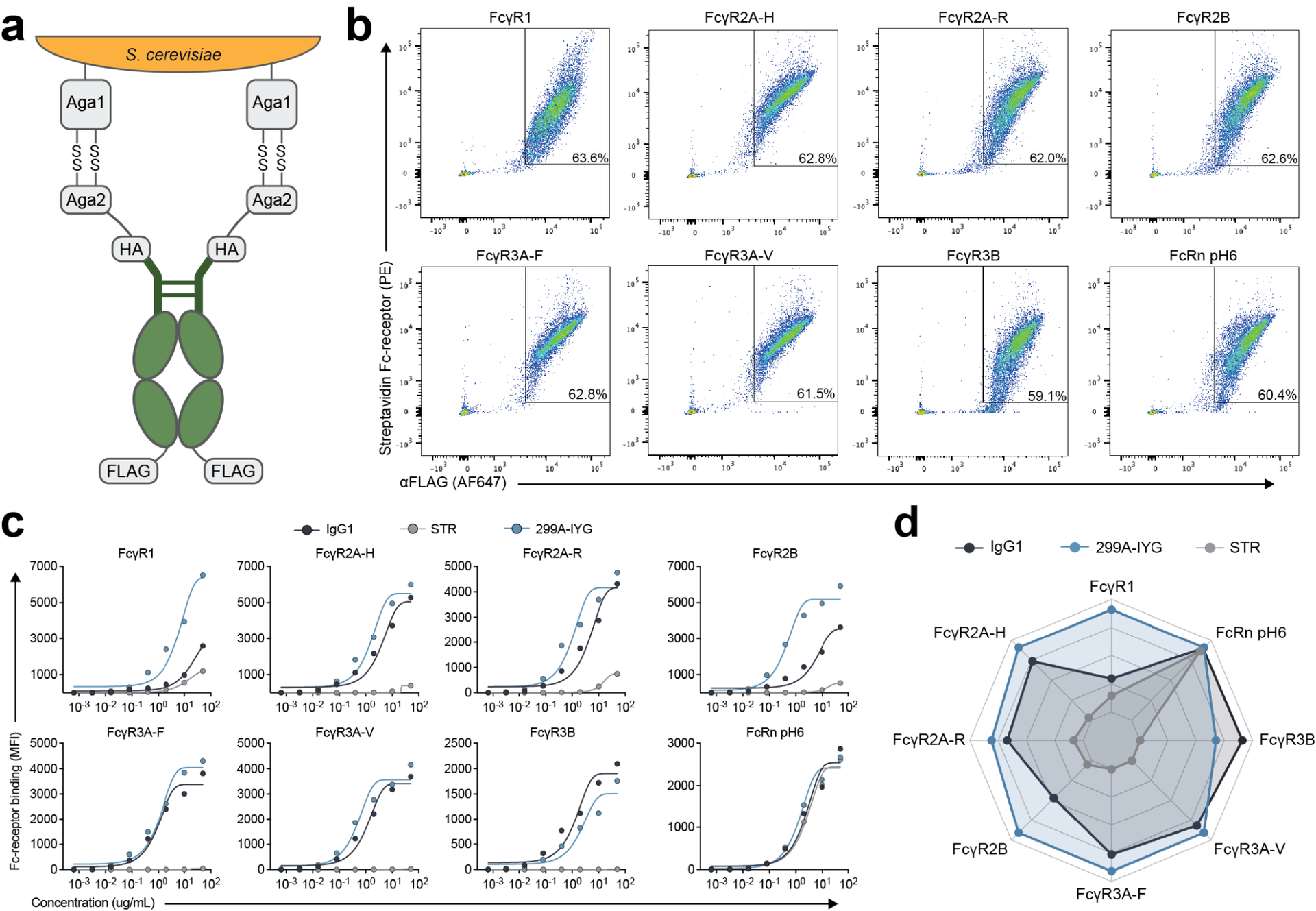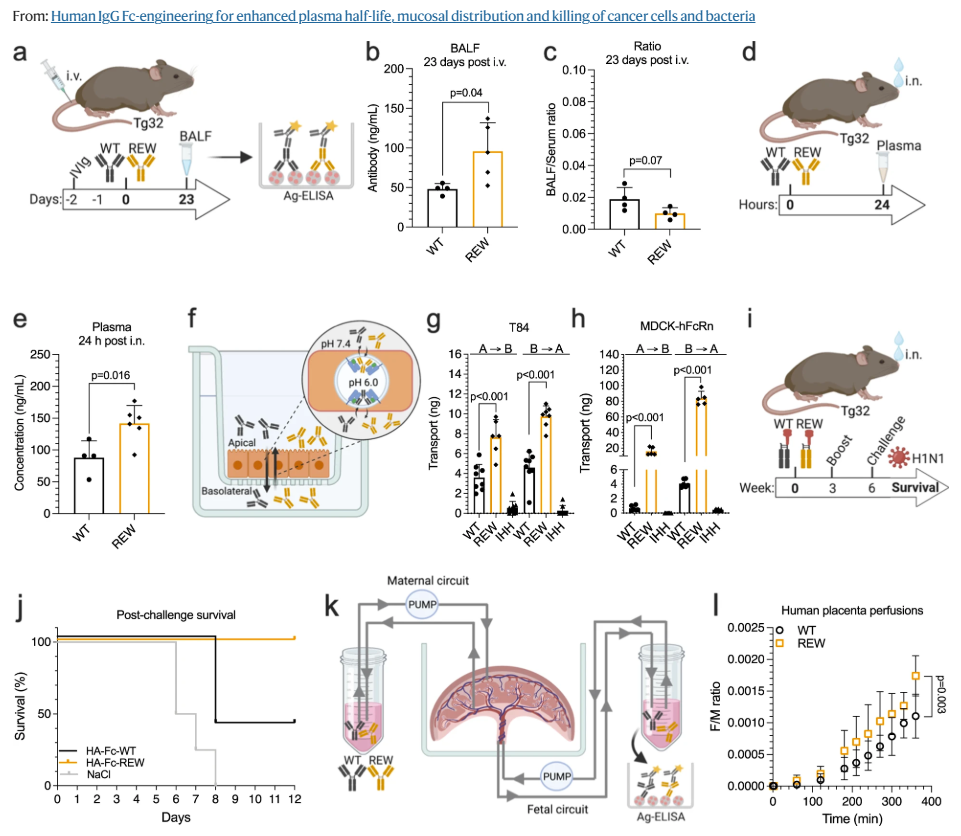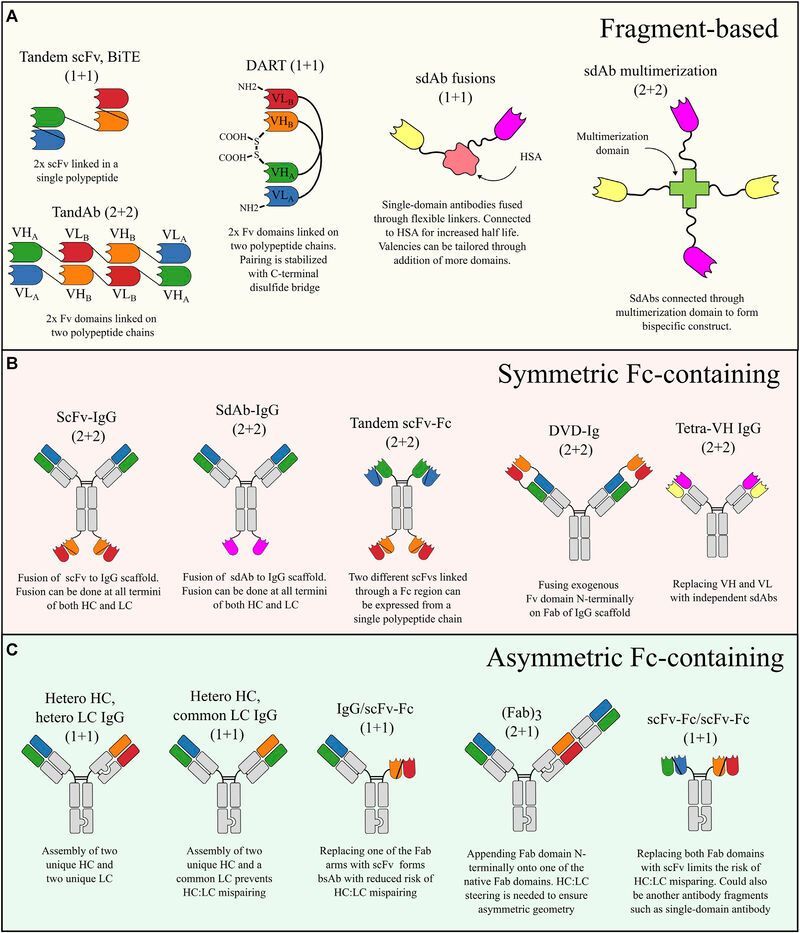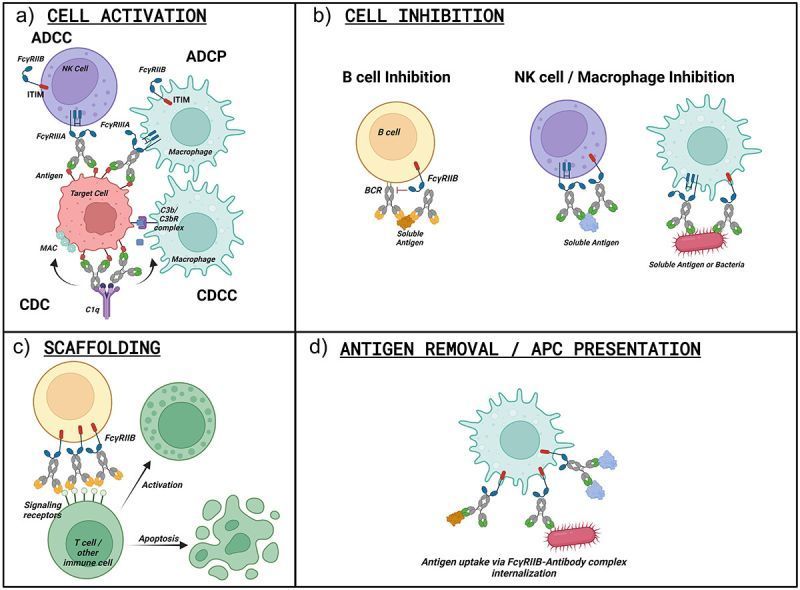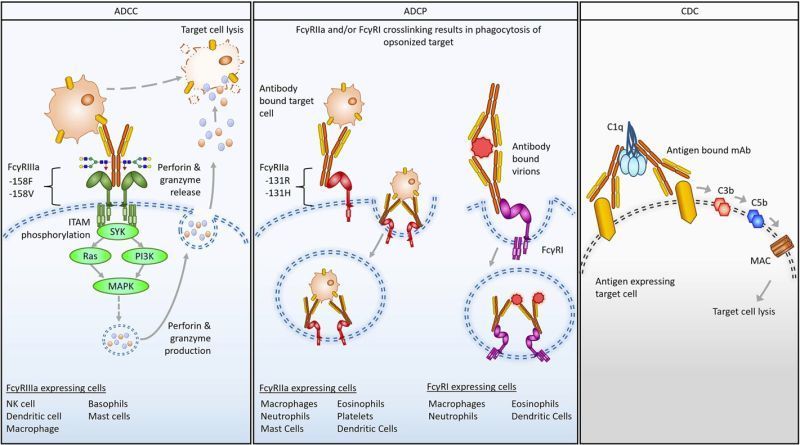Fc-mediated Function Summit 2025
Summary:
The Fc domain plays a critical role in modulating the efficacy, safety, and pharmacology of antibody-based therapeutics and vaccines. Yet, most development pipelines assess only a narrow subset of Fc-mediated effector functions, risking missed opportunities and avoidable liabilities. In this presentation, Dr. Shashi Jatiani highlights how SeromYx’s high-throughput, physiologically relevant Fc profiling platform enables comprehensive evaluation of antibody function early in development.
Featuring case studies across mAbs, Fc-engineered variants - including clinical-stage and marketed antibodies, and other formats, the talk illustrates how expanded Fc profiling can inform lead selection, support mechanism-of-action studies, and derisk engineering strategies with clinical relevance.
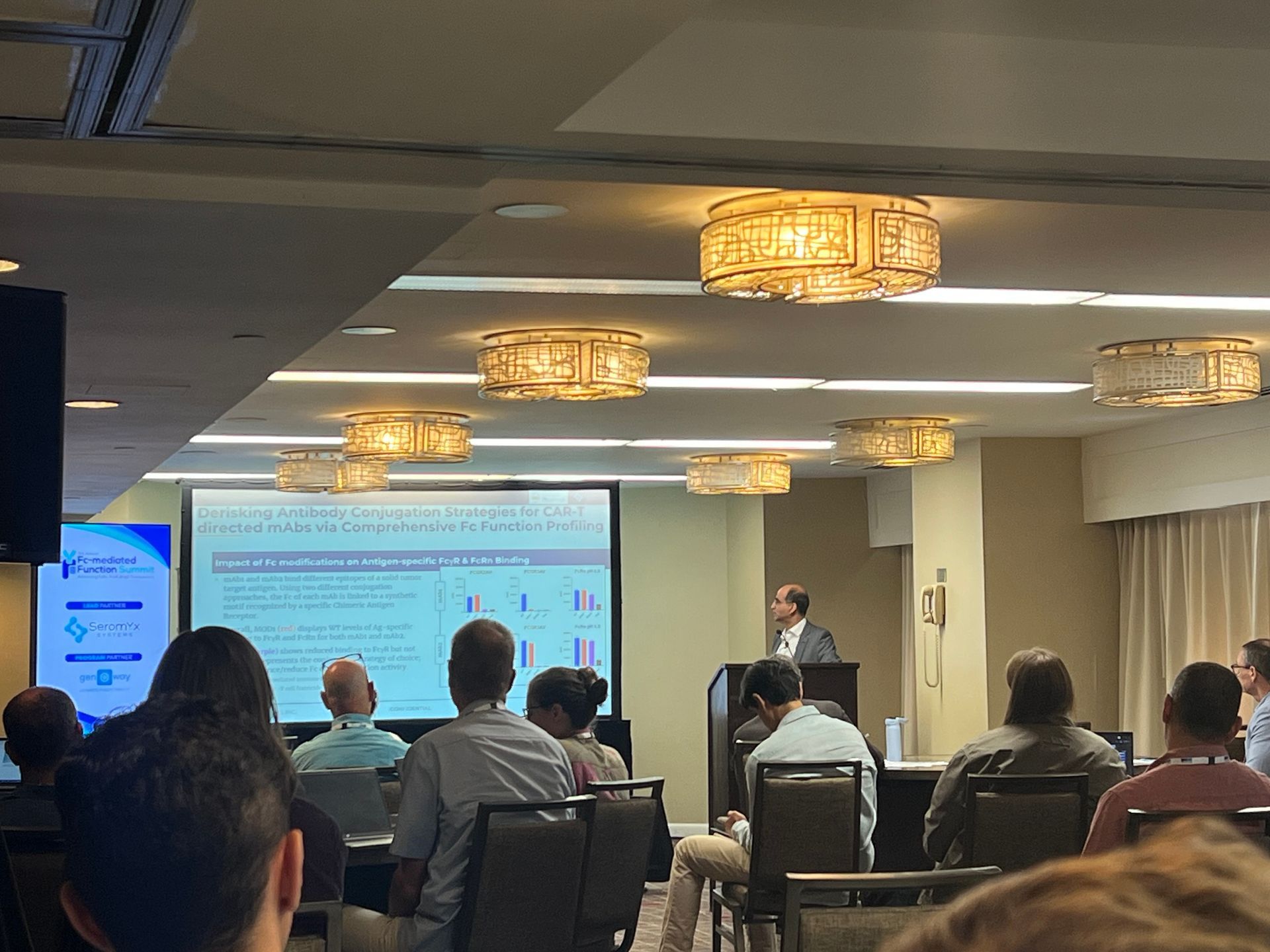
Key Highlights:
- Comprehensive Fc Profiling Enables Functional Characterization Beyond ADCC/ADCP: Expanded assessment of effector functions such as ADNP, ADEP, and complement activation uncovers mechanistic insights missed by conventional approaches.
- Fc Engineering and Conjugation Strategies Require Functional Validation: Case studies demonstrate how antigen-specific FcγR binding and functional assays reveal unintended impacts of Fc silencing, half-life extension, and CAR-T conjugation methods.
- Fab-Fc Interplay Influences Functional Potency: Data from large antibody libraries show that Fc function varies substantially across mAbs with identical Fc domains, emphasizing the need to assess effector activity alongside Fab affinity in lead optimization.
Authors:
Shashi Jatiani, PhD.
